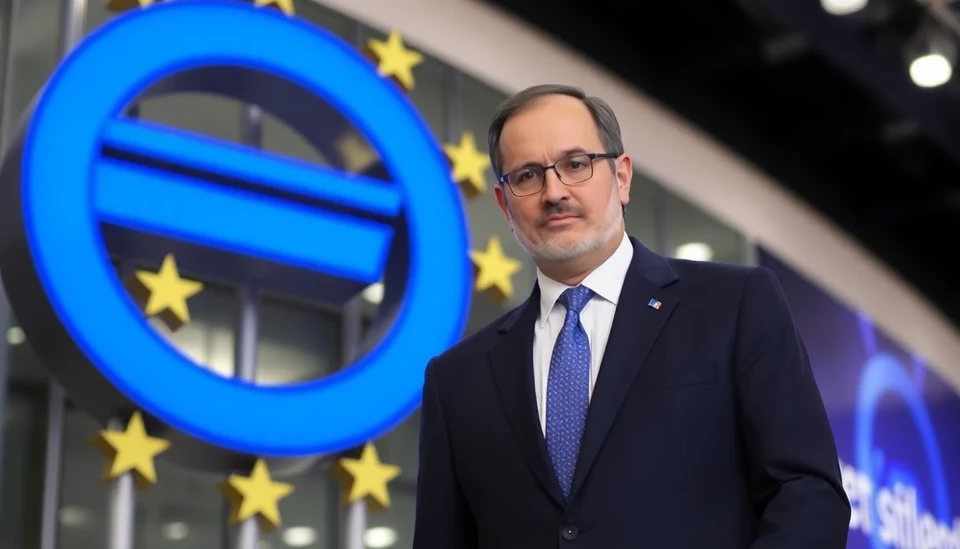
In recent comments, Philip Makhlouf, a prominent member of the European Central Bank (ECB), has indicated that a reduction in interest rates is on the horizon, but warned of the need for a measured pace in implementing such changes. His insights come amid ongoing discussions concerning the future direction of monetary policy in the Eurozone, which is grappling with inflationary pressures and economic uncertainty.
Makhlouf elaborated that while the ECB recognizes the necessity of easing interest rates, the central bank will remain flexible in its approach. This open-mindedness stems from the complexities of the current economic landscape, shaped by factors such as supply chain disruptions, fluctuating energy prices, and the implications of the wider geopolitical climate.
The remarks were made during a public engagement where Makhlouf addressed the challenges faced by the ECB in balancing inflation control with the need to support economic growth. His statements have sparked discussions amongst economists and market analysts regarding the trajectory of European interest rates in the coming months.
Forecasts suggest that lower rates could materialize as early as 2024, yet Makhlouf emphasized the importance of not rushing into decisions that could have far-reaching consequences. He reiterated the ECB's commitment to monitoring economic indicators closely before finalizing any rate adjustments.
Moreover, Makhlouf acknowledged that the central bank's policy measures must adapt to the evolving economic environment. He noted that the decision-making process is influenced not only by quantitative data but also by qualitative perceptions of economic stability within the euro area.
As the ECB faces unprecedented pressures, Makhlouf's comments highlight a pivotal moment for the institution as it navigates through a post-pandemic recovery. The balance between fostering growth and keeping inflation in check is precarious, and decisions will be under heightened scrutiny from both market participants and the general public.
Market analysts are now assessing the potential implications of a shift in rates, especially as businesses continue to feel the impact of high borrowing costs. Lower interest rates could stimulate investment and spending, crucial for rejuvenating economic momentum across the Eurozone.
As we look towards the future, Makhlouf's cautious optimism serves as a reminder of the delicate interplay between central banking decisions and the broader economic framework. The next few months will be critical as the ECB evaluates its stance and responds to the prevailing economic indicators.
In summary, Philip Makhlouf's insights on the potential for lower interest rates reflect both hope and caution. As the ECB prepares to navigate the intricate landscape of economic recovery, the stakes remain high for policymakers aiming to bolster a resilient Eurozone economy.
#ECB #InterestRates #PhilipMakhlouf #MonetaryPolicy #EurozoneEconomy #InflationControl #FinancialMarkets #EconomicRecovery
Author: Laura Mitchell




